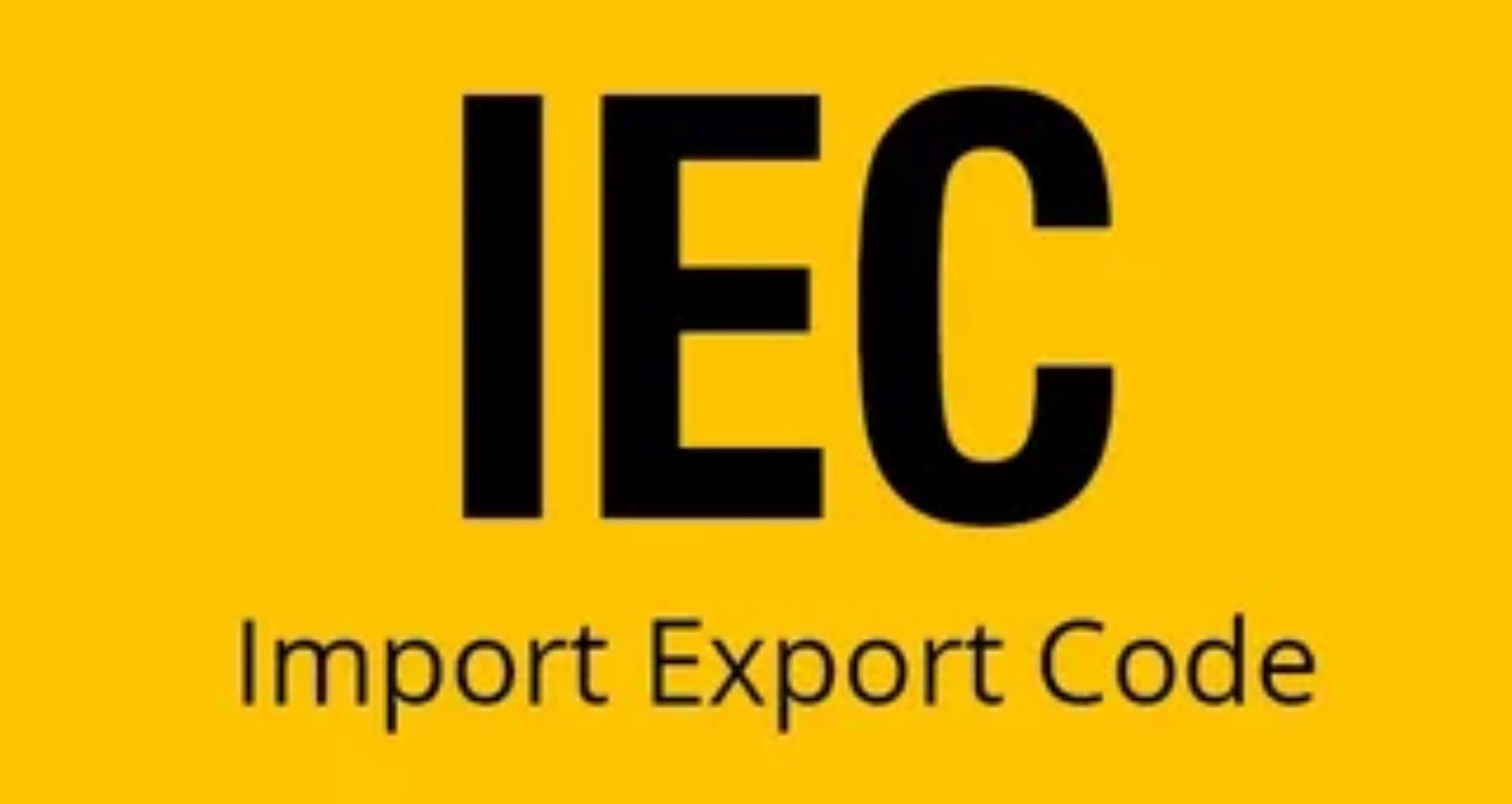
- Date: 06 Apr, 2021
- Website: inusti.com
- Location: New York, USA
- Value: $25,60000
Import Export Code
An Import Export Code (IEC), also known as an Importer Exporter Code, is a unique 10-digit identification number issued by the Directorate General of Foreign Trade (DGFT) in India. It is a mandatory requirement for businesses or individuals engaged in the import or export of goods and services from India. Here are some key points about the Import Export Code:
- Mandatory Requirement: Any individual or business looking to engage in import or export activities in India must obtain an IEC. It is a legal requirement under the Foreign Trade (Development and Regulation) Act, 1992.
- Unique Identification: The IEC serves as a unique identification number for tracking international trade transactions. It is essential for customs clearance and documentation for both imports and exports.
- Validity: An IEC is typically valid for a lifetime, and there is no need for periodic renewal. Once obtained, it can be used for all import and export transactions unless canceled or surrendered.
- Application Process: The application for an IEC can be submitted online through the DGFT’s website. Applicants need to provide details about their business, bank accounts, and other relevant information.
- No Need for Separate IEC for Different Activities: A single IEC suffices for all types of import and export activities, including trading, manufacturing, and services.
- Exemptions: Certain categories of businesses, such as individuals importing or exporting goods for personal use and government departments, may be exempt from obtaining an IEC.
- Customs Clearance: Customs authorities require the IEC for customs clearance at the time of importing or exporting goods. It helps in tracking and verifying the transactions.
- Bank Transactions: The IEC is used for international transactions and dealings with banks. Banks may require it for foreign exchange transactions related to international trade.
- Export Promotion Schemes: To benefit from various export promotion schemes offered by the government, businesses typically need an IEC.
- Penalties for Non-Compliance: Engaging in import or export activities without a valid IEC can result in penalties, fines, or other legal consequences.
Obtaining an IEC is a fundamental step for businesses and individuals involved in international trade in India. It not only ensures compliance with legal requirements but also facilitates smooth and legitimate cross-border transactions.
